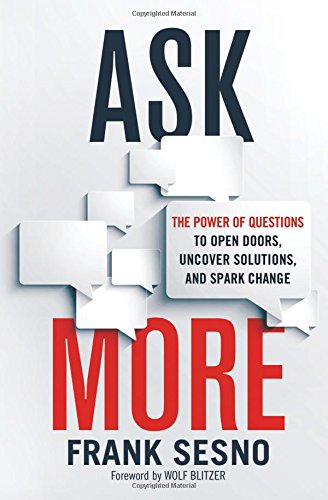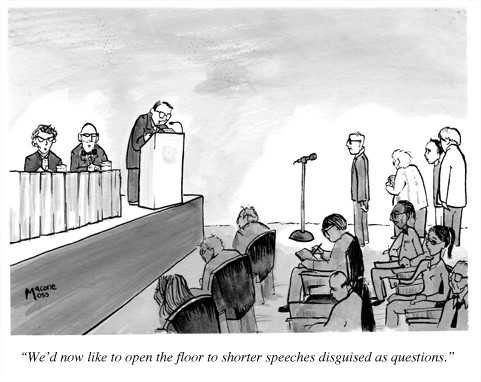Some upcoming events that I am producing:
Cybersecurity: The Leadership Imperative – If you want to learn how some of the world’s top corporations and government agencies are addressing cybersecurity from a policy, not technical, perspective — in corporate governance, legal, training, coordination across departments, and public-private partnerships — this is for you.
The Conference Board’s 13th Annual Women’s Leadership Conference – The focus here is not on how women should change in order to succeed; it’s on how organizations are changing, and should be changing, to develop the women leaders they will need in order to succeed. If you care about your organization’s future success, and developing its future leaders, this is for you.


